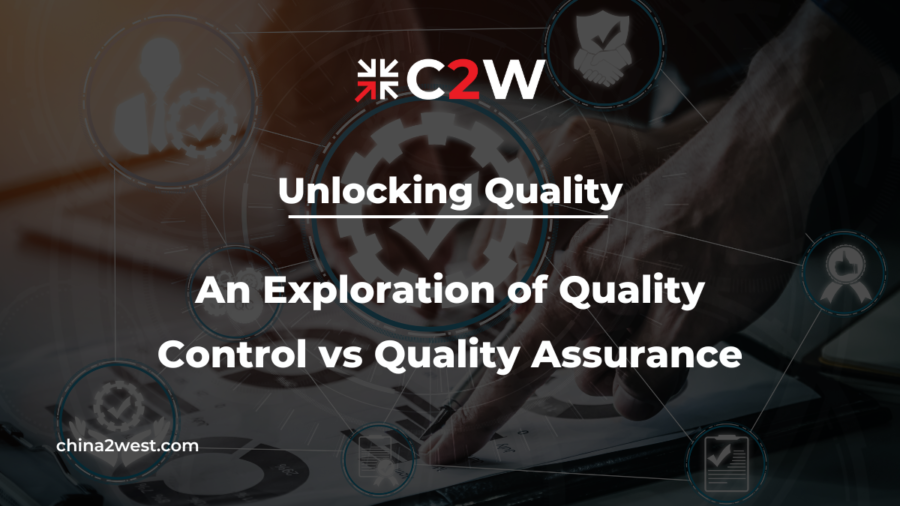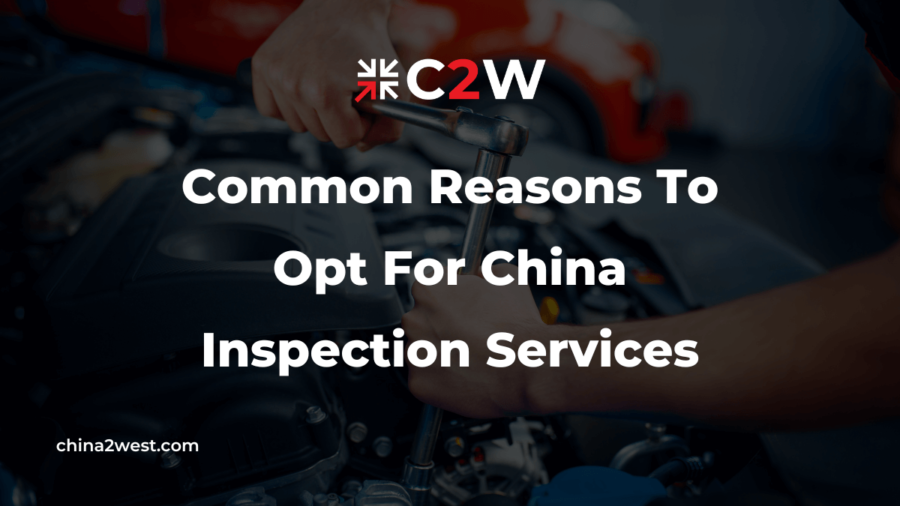In a world obsessed with standards and perfection, quality control (QC) and quality assurance (QA) stand as vital checkpoints ensuring the delivery of superior products and services across industries. They are not merely technicalities in production lines, but elements defining customer satisfaction and business success. Let’s dive deep into the intricacies of QC and QA and understand how they sculpt the product quality that ultimately shapes our experiences.
The Essence of Quality in Business
Quality in business transcends the realm of mere buzzwords, embodying the very core of customer satisfaction and the pathway to sustained business triumph. It represents a commitment to not only meet but consistently exceed customer expectations, to ensure the reliability and excellence of products or services, and to maintain a competitive edge in an ever-evolving market. Within this framework, the roles of Quality Control (QC) and Quality Assurance (QA) are pivotal, each playing a distinct yet complementary role in the quality ecosystem.
Quality Control: The Gatekeeper of Standards
Quality Control acts as the vigilant gatekeeper of a company’s standards, ensuring that the final product presented to the customer is free from defects and aligns with the established quality benchmarks. This process is inherently reactive, focusing primarily on the detection and correction of issues. QC is characterized by a series of tests, inspections, and checks, all meticulously designed to verify that both products and services adhere to the specific standards and specifications set forth by the company.
The QC process is integral in identifying and addressing problems post-production, serving as the last line of defense against quality lapses that could potentially tarnish a company’s reputation and customer trust. It involves a detailed and often technical examination of products, ranging from simple visual inspections to complex, automated testing processes. The goal is to filter out any defects before the product reaches the customer, thereby safeguarding the company’s commitment to quality.
Quality Assurance: The Architect of Quality
In contrast to the reactive nature of QC, Quality Assurance is a proactive endeavor. QA is less about fixing problems after they occur and more about creating a robust framework that inherently prevents mistakes and defects from arising in the first place. It involves strategically designing and managing processes to ensure quality is embedded in every stage of production or service delivery.
Quality Assurance is akin to an architect, meticulously planning and constructing a culture of quality within the organization. This process begins right from the conceptual stage of a product or service and extends through every phase of its lifecycle. QA is about setting high standards, establishing rigorous procedures, and ensuring that every individual involved in the process is aligned with the company’s quality objectives.
This proactive approach to quality involves continuous process improvement, regular training for employees, and the implementation of systematic quality management systems. By focusing on the prevention of problems rather than solely their correction, QA helps in reducing the costs associated with defects and enhances overall efficiency. It fosters a culture where quality is everyone’s responsibility, encouraging a mindset that strives for excellence in every task.
Implementing Quality Control and Assurance
Implementing quality control and assurance in an organization is a critical step toward ensuring that products or services meet specific standards of quality. It involves a series of actions and procedures aimed at maintaining the quality of a product or service. Here’s a guide to implementing quality control and assurance in your organization:
Building a Quality Control System
Implementing an effective QC system involves setting clear standards, choosing appropriate testing methods, and ensuring continuous monitoring. It’s about having a robust feedback loop where defects are not just corrected but analyzed for their root causes.
Establishing a Quality Assurance Framework
QA implementation is about creating a quality-centric culture. It involves developing quality objectives, standardizing processes, and ensuring continuous improvement. Training and employee engagement are key in building a QA framework.
Strategies for Effective Quality Control and Assurance
Implementing QC and QA for optimal quality requires a strategic, integrated approach that begins with a clear understanding of the goals and objectives of both processes. Here’s a more detailed look at each of the key elements:
Establish Clear Standards and Procedures
Develop a robust framework for both QC and QA. This framework should include detailed, documented standards and procedures. It’s important that these standards are not only clear but also aligned with industry best practices and regulatory requirements. Also, tailor these standards and procedures to fit the unique needs and context of the organization. This customization ensures that the quality measures are relevant and effective in achieving the desired outcomes.
Training and Development
Implement regular training sessions to educate staff about the latest developments in quality standards and best practices. This training should be both theoretical and practical, offering hands-on experiences where possible.
Continuous Improvement
Adopting a mindset of continuous improvement, such as Kaizen or Six Sigma methodologies, can help in constantly refining both QC and QA processes.
Feedback Loops
Establishing effective feedback mechanisms helps in identifying areas for improvement and in making necessary adjustments to processes.
Enhance Your Product Excellence with Expert Solutions
In conclusion, it is vital to acknowledge that quality control and quality assurance are two critical, yet distinctly different, strategies that play pivotal roles in the triumph of any enterprise. These methodologies go beyond mere facets of manufacturing and service provisions; they form the cornerstone of achieving customer satisfaction and propelling business prosperity.
By embracing both quality assurance and control, companies can consistently satisfy and surpass customer expectations. This commitment to quality can significantly enhance brand reputation and ensure long-term success by building trust and loyalty among consumers.
For businesses looking to refine their production processes further and achieve unparalleled quality levels, partnering with seasoned professionals who understand the nuances of these practices is crucial. Our comprehensive solutions are designed to cater specifically to your unique needs, helping you optimize every aspect of your operation. Reach out to us today to discover how our bespoke solutions can elevate your production standards and lead to outstanding business outcomes.




